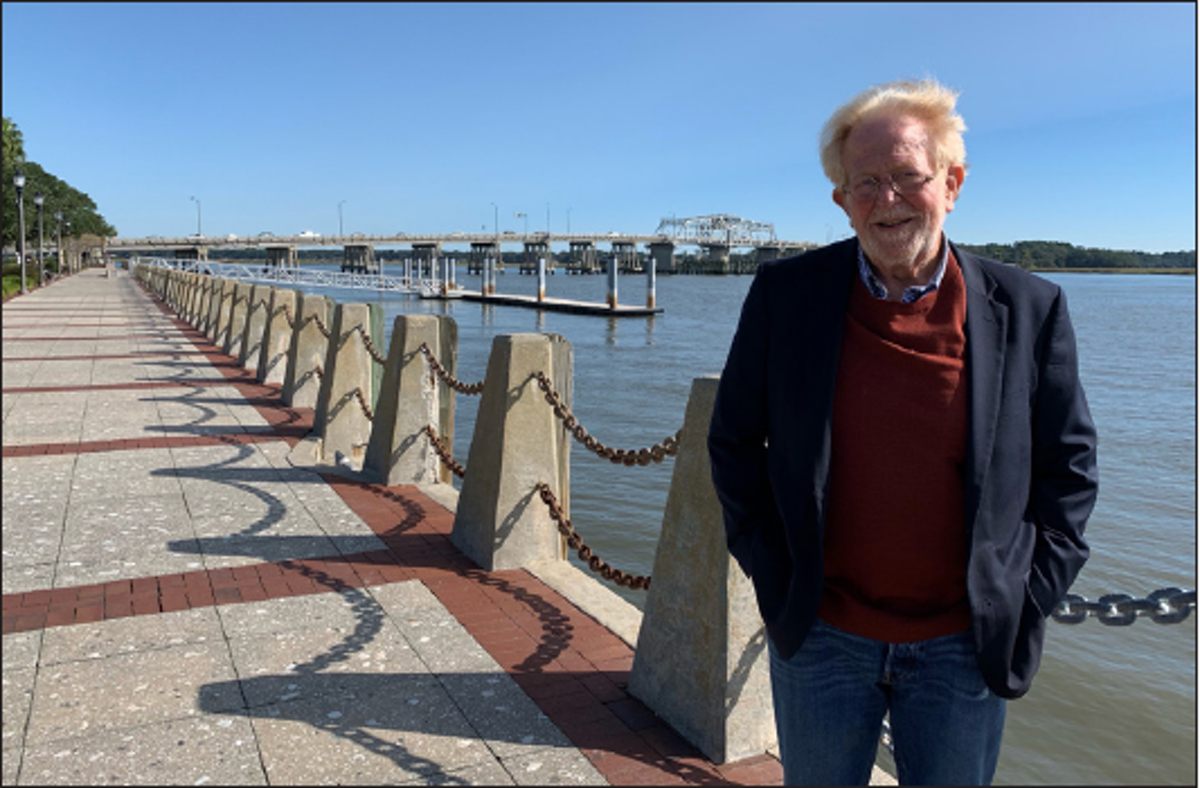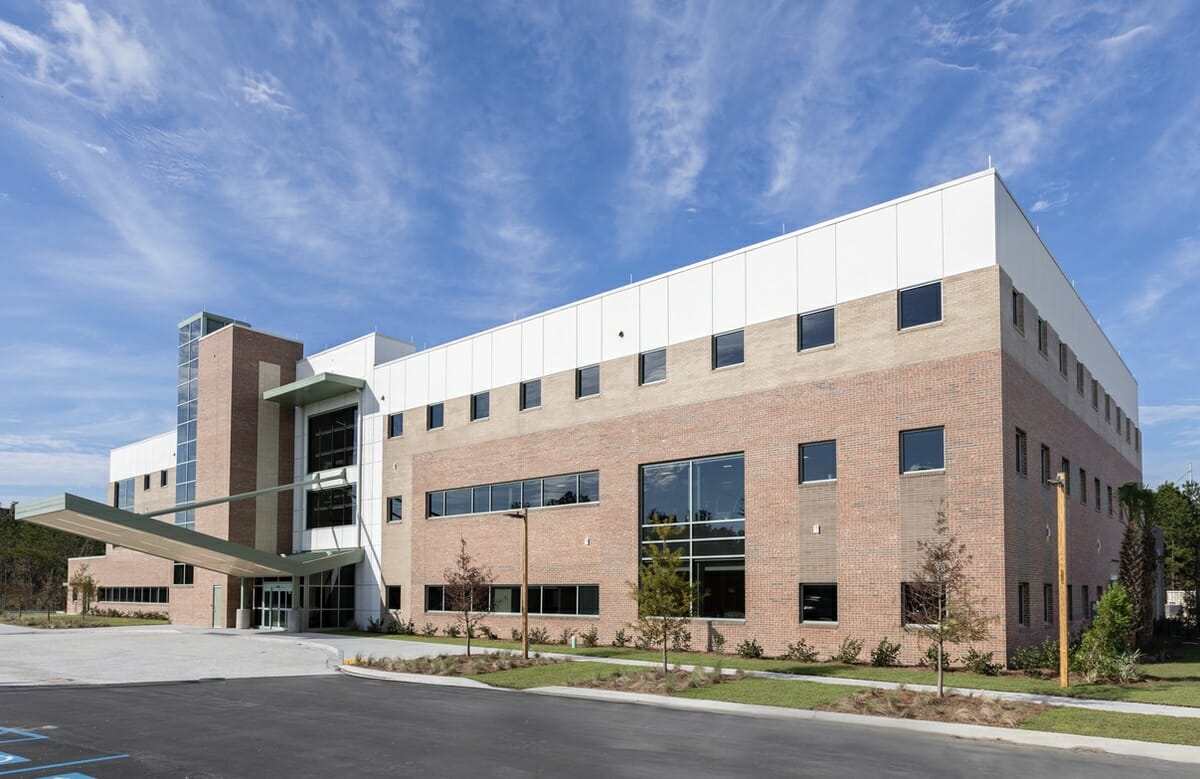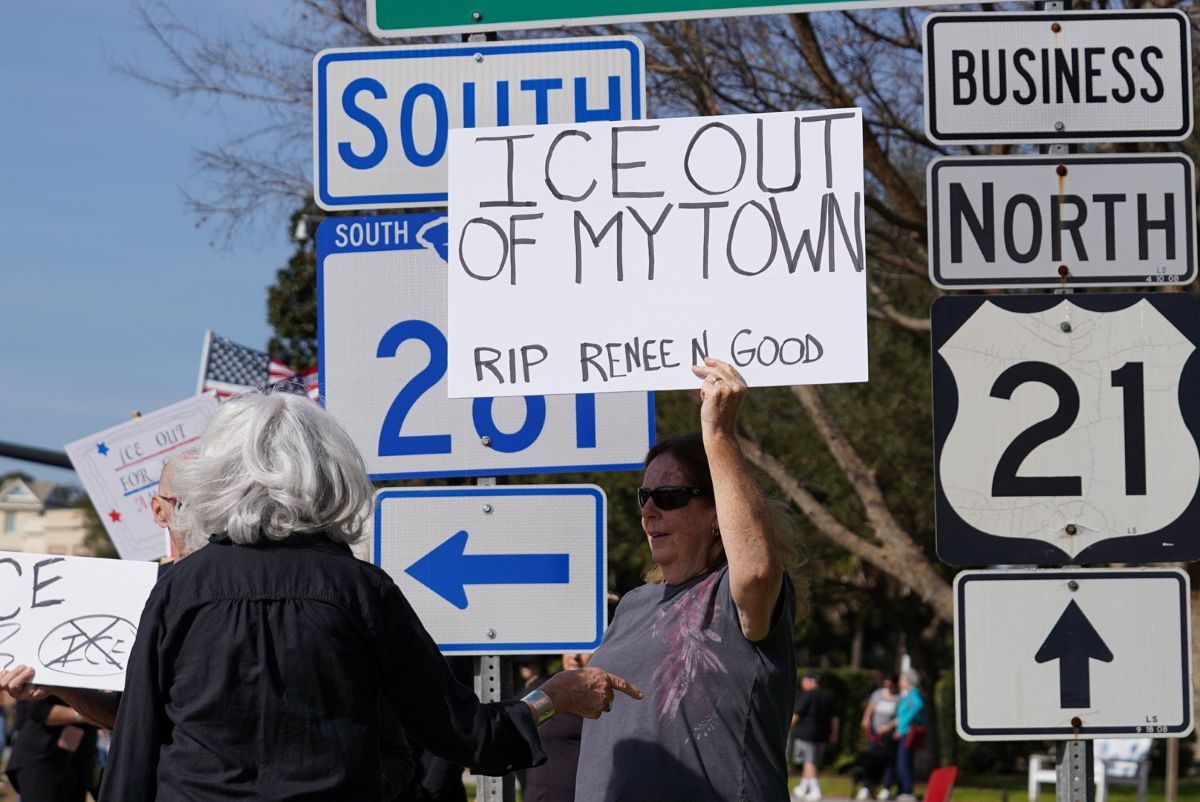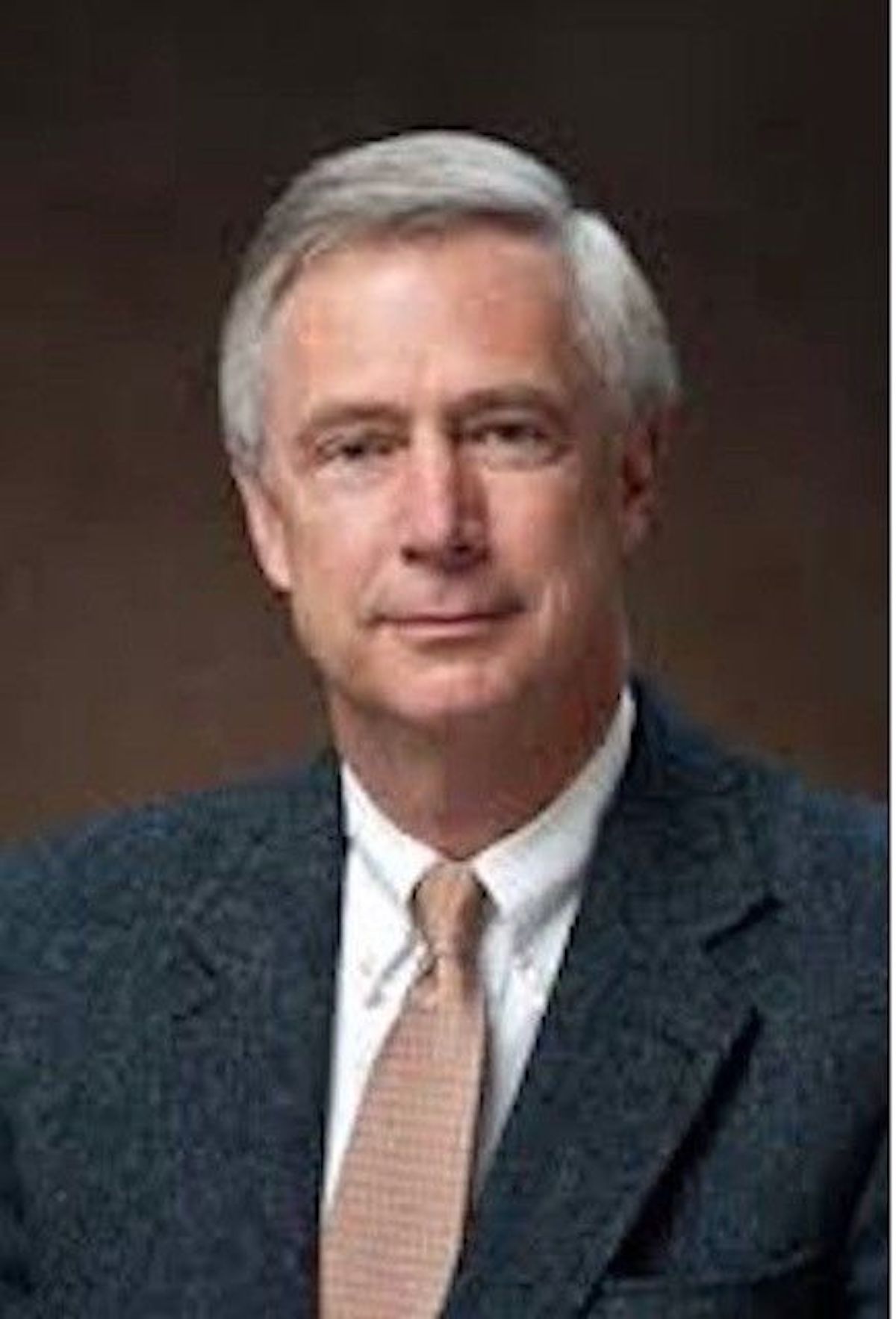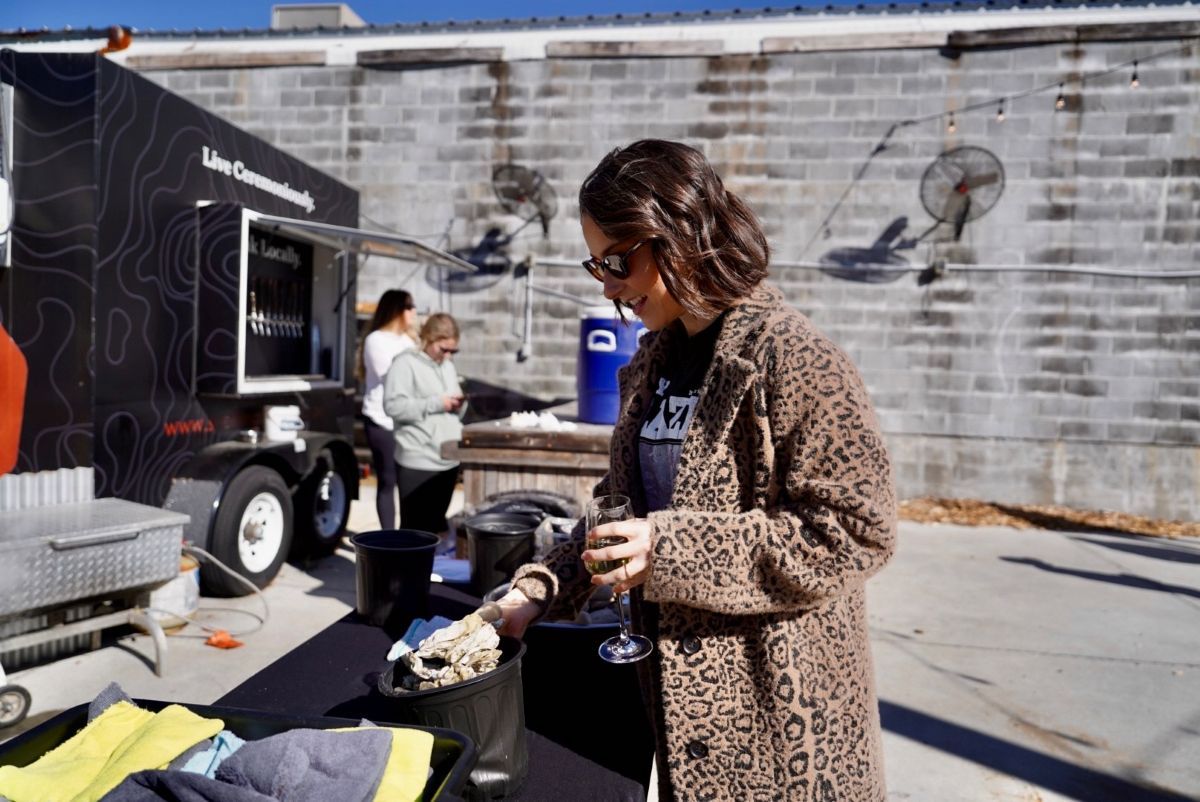By MINDY LUCAS
By the time this paper goes to press, the City of Beaufort will have elected a new mayor and Billy Keyserling, the city’s current mayor, is OK with that.
In July, Keyserling, 72, announced he would not seek re-election, a decision that was based on two reasons, he said.
Knowing that there were capable people wanting to run, was one.
“The city’s going to be in good hands, no matter who is elected with this next city council and with our city manager,” Keyserling said recently in an in-person interview.
And the other reason?
That’s a little more complicated, he’ll tell you, but let’s just say it all started with a paper he wrote as a senior in high school.
That paper, on the subject of race in the years after the civil war, led to a lifetime spent looking for answers and digging around the edges of truth in hopes of someday getting to its core.
That search would eventually lead him to the work that has occupied a lot of his time in recent years with the Reconstruction Era National Historical Park. Keyserling spearheaded the creation of an advisory board that would eventually lead to the park’s creation.
The project has brought new awareness to the critical role Beaufort played in Reconstruction, or the period just after the Civil War when the country grappled with the devastating and lasting effects of the war and how to integrate millions of newly freed slaves into the country’s social, economic and political systems.
And now, he has written a book on the subject. Called “Sharing Common Ground: Promises Unfulfilled but Not Forgotten” the book is autobiographical, he said.
“In that it follows the development of my moral compass,” he added.
Devoting more time to his work with Reconstruction and social justice is not necessarily a new chapter in his life, but more of a continuation.
“It’s a much more finite focus on some of my fundamental beliefs that are bigger than the issues or more complicated than the issues of being the mayor of a city,” he said. “I think it requires many of the same skills of engaging people, putting people together, collaboration.”
To understand where he first developed those skills, you’d have to go back a little further.
A Challenge to Overcome
Born in Beaufort, in 1948, William David Keyserling was the middle child in a family of four children – his younger siblings were twins.
His father was a physician and his Manhattan-born mother, who held an economics and math degree from Barnard College, would go on to make a name for herself in local and state politics.
“She was the first woman to ever win a seat on county council,” said Keyserling. (A member of the S.C. House of Representatives as well, Harriet Keyserling would become the first woman to represent Beaufort in the South Carolina Legislature.)
In 9th grade, Keyserling would bring home a low mark in World History that would soon change the course of his education.
“Out of that came a recognition finally, that I couldn’t read,” he said, explaining that he had dyslexia. “It was just a shock to my parents.”
Though not well known or even diagnosed then, dyslexia the Keyserlings would soon learn is a learning disorder originating in the brain and characterized by difficulty reading. With specialized education programs or tutoring, it can be treated.
Keyserling’s parents sprang into action and found their son the help he needed at The Cambridge School of Weston, a boarding school in Massachusetts. There Keyserling received small classroom instruction and attended reading clinics several times a week.
Keyserling would go on to attend the College of Charleston, then USC Beaufort for a year before working, but would eventually find his way to Brandeis University and finally Boston University for a masters degree in public relations. Not bad for a kid once thought to be a slow reader.
“Being branded with a reading problem was not helpful,” he said, remembering those earlier years before receiving the individual attention he sorely needed at The Cambridge School.
Keyserling also credits those first one-on-one relationships with is teachers and professors, many of which would go on to be lifelong connections, for also helping him overcome this obstacle to learning, ultimately setting him up to become a lifelong learner.
While working toward his degree at Brandeis, Keyserling landed a job interning for U.S. Senator and S.C. Gov. Ernest “Fritz” Hollings.
He would go on to work for the Senator for many years, before moving into larger roles that would take him to Washington, but it was Keyserling’s uncle, Leon Keyserling, who really motivated him.
“Spending time with him in Washington inspired me,” he said. “Because he wasn’t really a politician. He was more of a policy wonk and he sort of pushed me toward that instead of just getting people elected.”
His uncle took him to the infamous ‘68 Democratic Convention in Chicago, and the two would also attend the ‘72 convention together.
By the time Keyserling was in his 20s, he had begun working political campaigns from his then-home base of Columbia, having talked his way into directing George McGovern’s nonexistent South Carolina campaign for the Senator’s unsuccessful bid for President in 1972.
With little to no resources and no hope of winning the Palmetto State, the ill-fated S.C. arm of the campaign nonetheless became something of a playbook for future campaigns for Keyserling and went on to inspire area Democrats to become more engaged.
“But you know, it was a great experience because you are 23-years-old, and you’re running a statewide campaign,” he said, laughing.
Keyserling would go on to work for Hollings on and off from 1974 to 1984, running the Senator’s presidential campaign for his unsuccessful run at the presidency in 1984, and would spend nearly 16 years in Washington working first for Hollings, then in various capacities before eventually returning to Beaufort in 1989.
He would then win his mother’s House seat after she retired in 1992, serving two terms in the South Carolina House of Representatives.
After deciding against a third term, Keyserling was elected to Beaufort City Council in 2000 and served one term before running for mayor. He became mayor in 2008 and was re-elected in 2012 and 2016.
The Personal Side of Governing
Known for his gift for gab, riding around town on his Vespa saying hello to people, or sitting down with strangers at a local restaurant to ask if they’re “planning to eat that,” sometimes it’s just about making people smile or laugh, he said.
“We have been taught that we have a shell around ourselves and that’s to protect us from others,” he said.
Reaching across this divide and finding some way to connect with others, or common ground, as he often calls it, is all part of the “personal side of governing.”
Among the things he is proudest of when talking about his tenure as mayor, is the council’s voting record. For the most part, it has voted unanimously a large percentage of time – something he credits to work sessions designed to build consensus. Setting the right tone is also important, he said.
“We’ve made sure that a) we remain civil, b) we’re never personal, and c) we recognize individually and collectively we have an obligation to make decisions so that as long as everyone is given an opportunity to be heard and heard respectfully for their different points of view and it doesn’t get personal, it all works out,” he said.
This philosophy became particularly important over the last 12 months, when at times things seemed to be heading toward the personal.
In November of 2019, Keyserling penned an editorial response for The Island News outlining his position on Historic Beaufort Foundation’s seat on the city’s Historic Review Board.
In his editorial he stated that no “special interest” should have appointment power of members of regulatory entities before whom they “lobby.” It is a matter of ethics and transparency, he maintained.
His position was met with a tremendous amount of pushback from the community and some on council.
At the Dec. 10 City Council meeting that followed, Keyserling stated that in light of all the “conversations, discussions, emails, telephone calls, ugly names, nice names” it was clear that he was on a different side of the issue than many of his friends.
Asked if this had weighed heavily on him — standing apart from many of his friends and constituents — he said “sure” but went on to say he ultimately had to stand by what he believed.
“I told them it was a matter of principle, and it still is a matter of principle,” he said.
And as is Keyserling’s nature, he began to look for some way to build a consensus and move forward. The solution came in the form of a mayor’s appointed task force, comprised of city council members and HBF representatives.
The task force looked not only at the issue of HBF’s longstanding seat on the review board but other topics such as training and improved standards that would simplify the process for applicants going before the review board.
The issue of HBF’s seat on the board was eventually settled this spring, after South Carolina’s Attorney General weighed in on the issue and city council voted to keep a representative nominated by the HBF on the city’s review board.
The contentious couple of months isn’t the reason he is stepping down as Beaufort’s mayor, he said, but more for the reasons he stated earlier – it’s about moving on to what’s next and leaving the council in capable hands.
While Keyserling said he liked and respected mayoral candidates Mike Sutton and Stephen Murray, he ultimately decided to endorse Murray because he is “more aligned” with Murray.
“I think he sees a bigger picture,” Keyserling said.
But he’s quick to add that whoever wins the mayor’s and city council’s races will still have some challenges before them.
“The city’s got some heavy duty work to do in terms of our growth,” he said, adding that he thought council did the “right thing” with the civic master plan and the Beaufort Code. “But I think there’s some serious work to be done with aligning our code for the built-in environment.”
But the city is in good hands, he re-iterated and when he leaves office in December, he will be ready to step back and focus full time on his life’s work.
What’s more, having spent a combined total of 20 years in public office, things were becoming “a little more routine.”
“I said, you know, maybe it’s time to get some fresh air,” he added.
“And find someone who has the piss and vinegar, the excitement, the enthusiasm I had when I first ran,” he said smiling.
In July, Billy Keyserling, 72, announced he would not seek re-election for a fourth term as the City of Beaufort’s mayor. Photo by Mindy Lucas.

